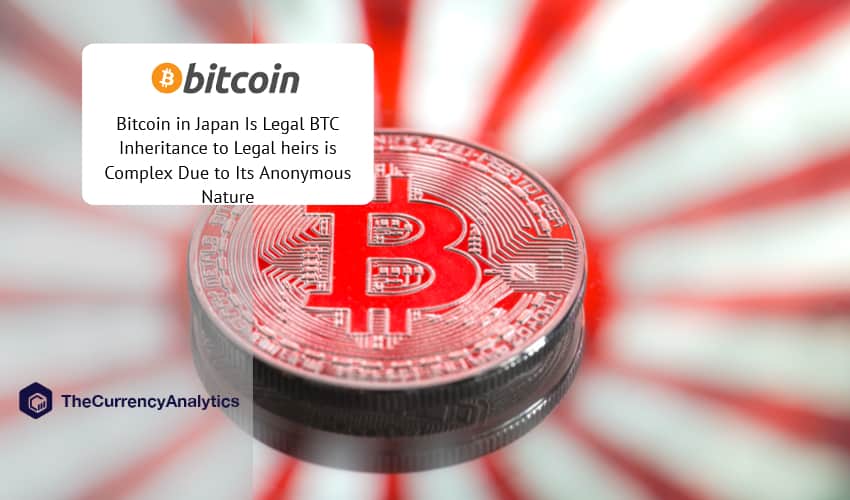
Cryptocurrencies are legal in Japan. They are defined under the name of ‘crypto assets’ under the law[2]. It can be used as a means of payment in transactions with unspecified persons and can be exchanged with fiat currencies (e.g., Japanese Yen, United States Dollars).
Japanese citizens were the first to begin mining and using Bitcoin. They did very early when it had very little real-world value. Mt. Gox is the world’s biggest crypto exchange at the time. It was a Japanese company.
For clarity, Mt. Gox was a bitcoin exchange based in Shibuya, Tokyo, Japan. Launched in July 2010, by 2013, and into 2014, it was handling over 70% of all bitcoin transactions worldwide as the largest bitcoin intermediary and the world’s leading bitcoin exchange. In 2014, withdrawals were halted, trades were suspended, and bitcoin went missing. On 28 February 2014, Mt. Gox filed in Tokyo for a form of Bankruptcy Protection from creditors.
Japan is, however, hailed to have the most progressive regulatory climate for cryptocurrencies. Japan recognizes Bitcoin and other digital currencies as legal property under the Payment Services Act (PSA).
The gains from cryptocurrencies are categorized as ‘miscellaneous income,’ and investors are taxed accordingly.
Amendments to the PSA and the Financial Instruments and Exchange Act (FIEA) took effect in May 2020. The amendments introduced the term “crypto-asset” (instead of “virtual currency”) and further placed more significant restrictions on managing the virtual money of users and also tightly regulated crypto derivatives trading.
Per the new rules, cryptocurrency custody service providers who do not sell or purchase crypto assets fall under the scope of the PSA, and cryptocurrency derivatives businesses fall under the scope of the FIEA.
Japan continues to be a friendly environment for cryptocurrencies but with growing AML concerns.
For those who are willing to have an exhaustive read about the blockchain and cryptocurrency regulation in 2021 in Japan, The Global Legal Insights website covers for government attitude and definition, cryptocurrency regulation, sales regulation, introduction to regulations governing crypto-asset derivative transactions, introduction to regulations governing unfair acts in crypto asset or crypto-asset derivative transactions, taxation, money transmission laws and anti-money laundering requirements, promotion and testing, ownership and licensing requirements, mining, border restrictions and declaration, reporting requirements and estate planning and testamentary succession.
Full access is available at: https://www.globallegalinsights.com/practice-areas/blockchain-laws-and-regulations/japan#chaptercontent10
The content has free access, and the content points to how for estate planning and testamentary succession, there has not been any established law or court precedent concerning the treatment of cryptocurrencies under the Japanese succession Law. The civil code of Japan, inheritance has it that that succession of assets to heirs will happen upon the decedent’s death.
The problem with such inheritance is the anonymous nature of BTC, and thus identification and collection of crypto as the inherited property will be a problem.

Get the latest Crypto & Blockchain News in your inbox.